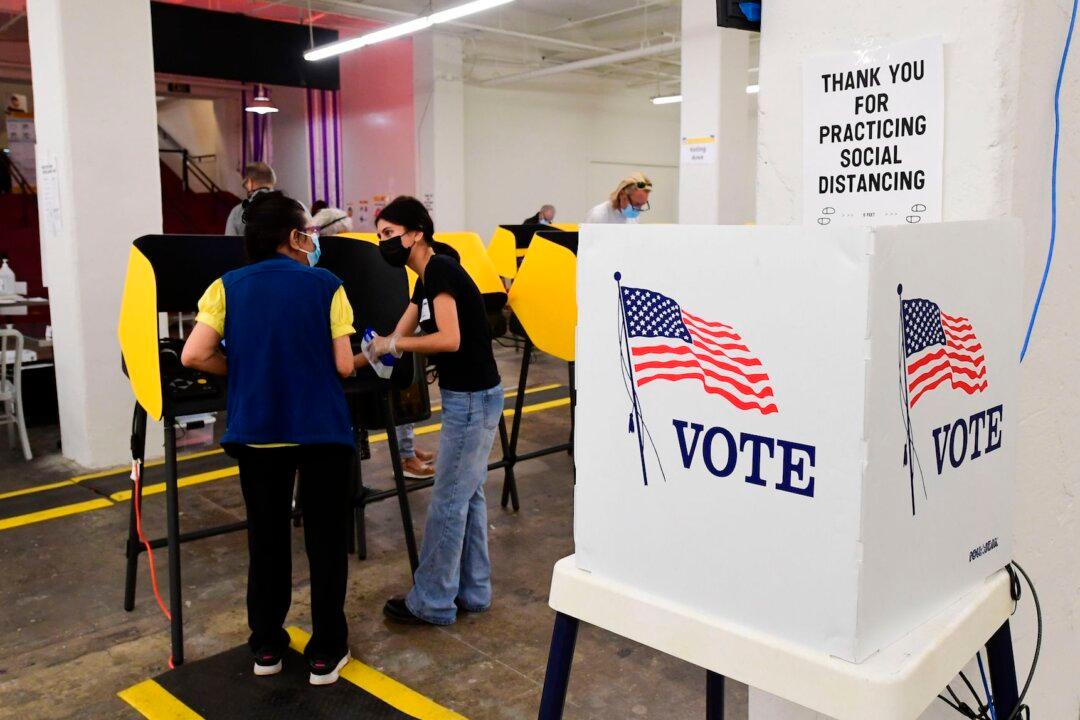Voters of California have rejected a proposal that would have overturned a long-standing ban on affirmative action in the state’s institutions.
The ballot measure, known as Proposition 16, proved overwhelmingly unpopular. With 99 percent of precincts reporting, only 43.9 percent of voters voted “Yes” on it on Election Day. Its opponents had 56.1 percent, and about 1.4 million more votes.





